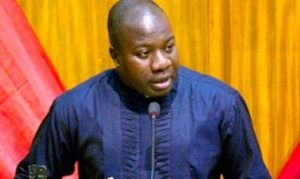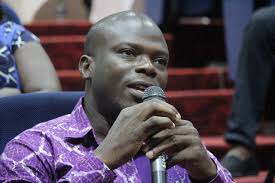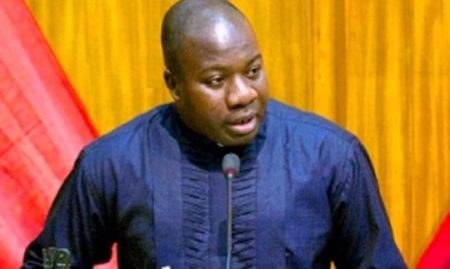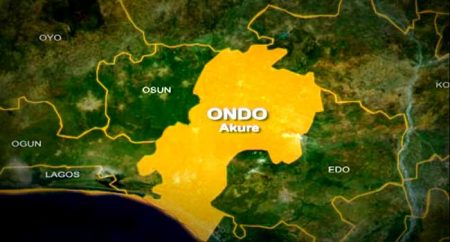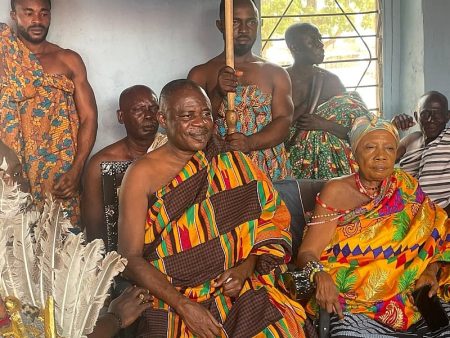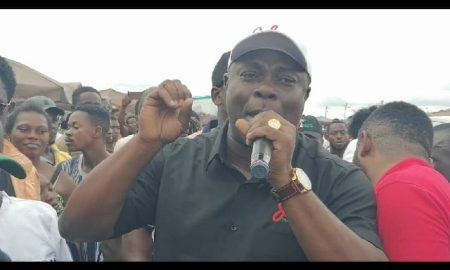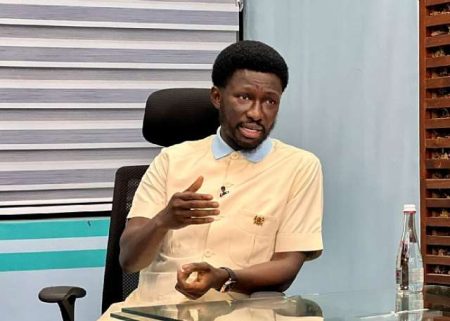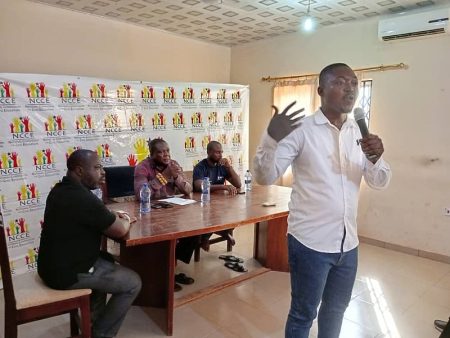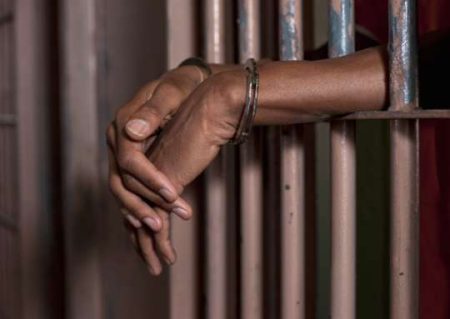The Executive Director of the Media Foundation for West Africa (MFWA), Sulemana Braimah, has expressed strong support for the U.S. State Department’s recent announcement of a Visa Restriction Policy aimed at individuals who undermine democracy in Ghana. This policy, unveiled on October 28, comes at a critical time as Ghana approaches its presidential and parliamentary elections scheduled for December 7. The Executive Director views the move as a positive step towards safeguarding democratic processes in the country, emphasizing the need for Western democracies to take similar actions in their own political spheres.
Braimah’s enthusiasm stems from a broader concern regarding the integrity of democratic systems in Ghana and the West African region. He advocates for comprehensive measures, suggesting that not only should visa restrictions be implemented, but that the assets of individuals found to be undermining democracy should also be frozen. By doing so, he believes that the international community can exert meaningful pressure on those who threaten democratic practices, thereby enhancing the prospects for free and fair elections in Ghana.
The U.S. State Department clarified that the new policy targets specific individuals responsible for acts that undermine democracy and is not intended as a blanket measure against the general population or the Ghanaian government. This delineation aims to ensure that the policy acts as a deterrent against election-related misconduct while maintaining respect for the nation’s democratic institutions. The approach reflects a growing emphasis on accountability and the importance of protecting electoral integrity in the context of global challenges to democratic governance.
As the political climate heats up in Ghana with the impending elections, concerns about electoral interference and manipulation continue to loom large. The announcement of the visa restrictions serves as a reminder of the international community’s role in monitoring and supporting democratic processes. Braimah’s call for other Western nations to adopt similar policies underscores a collective responsibility to promote democratic values and safeguard the rights of citizens, particularly in regions where such values may be under threat.
Braimah’s statements on social media further highlight the urgency of protecting democracy in Ghana. He emphasizes that proactive measures are necessary to prevent potential disruptions that could arise before, during, and after the elections. By encouraging a multi-faceted approach that combines visa restrictions with asset freezes, Braimah posits that a robust framework can be established to hold accountable those who undermine the democratic order. This stance aligns with broader global efforts to address issues related to transparency and accountability in governance.
In conclusion, the MFWA Executive Director’s endorsement of the U.S. Visa Restriction Policy reflects a commitment to fostering democracy in Ghana. By urging other Western democracies to take similar actions, he emphasizes the importance of international cooperation in safeguarding electoral integrity. As Ghana prepares for its elections, the implementation of these policies could serve as a crucial deterrent against attempts to undermine the democratic process, ensuring that citizens can exercise their rights in an environment characterized by fairness and transparency. The situation highlights the intricate relationship between national governance and international support in upholding democratic principles.


